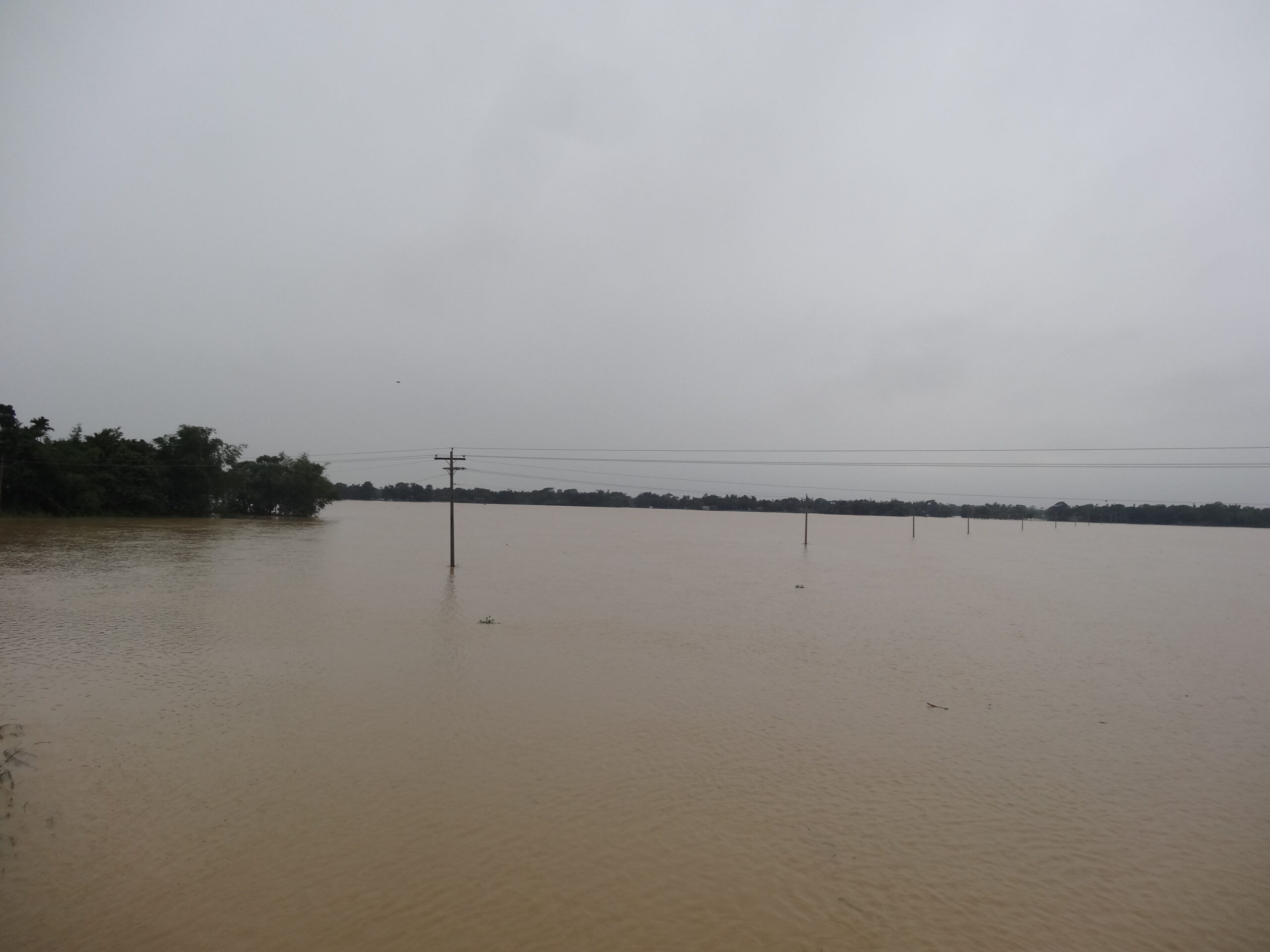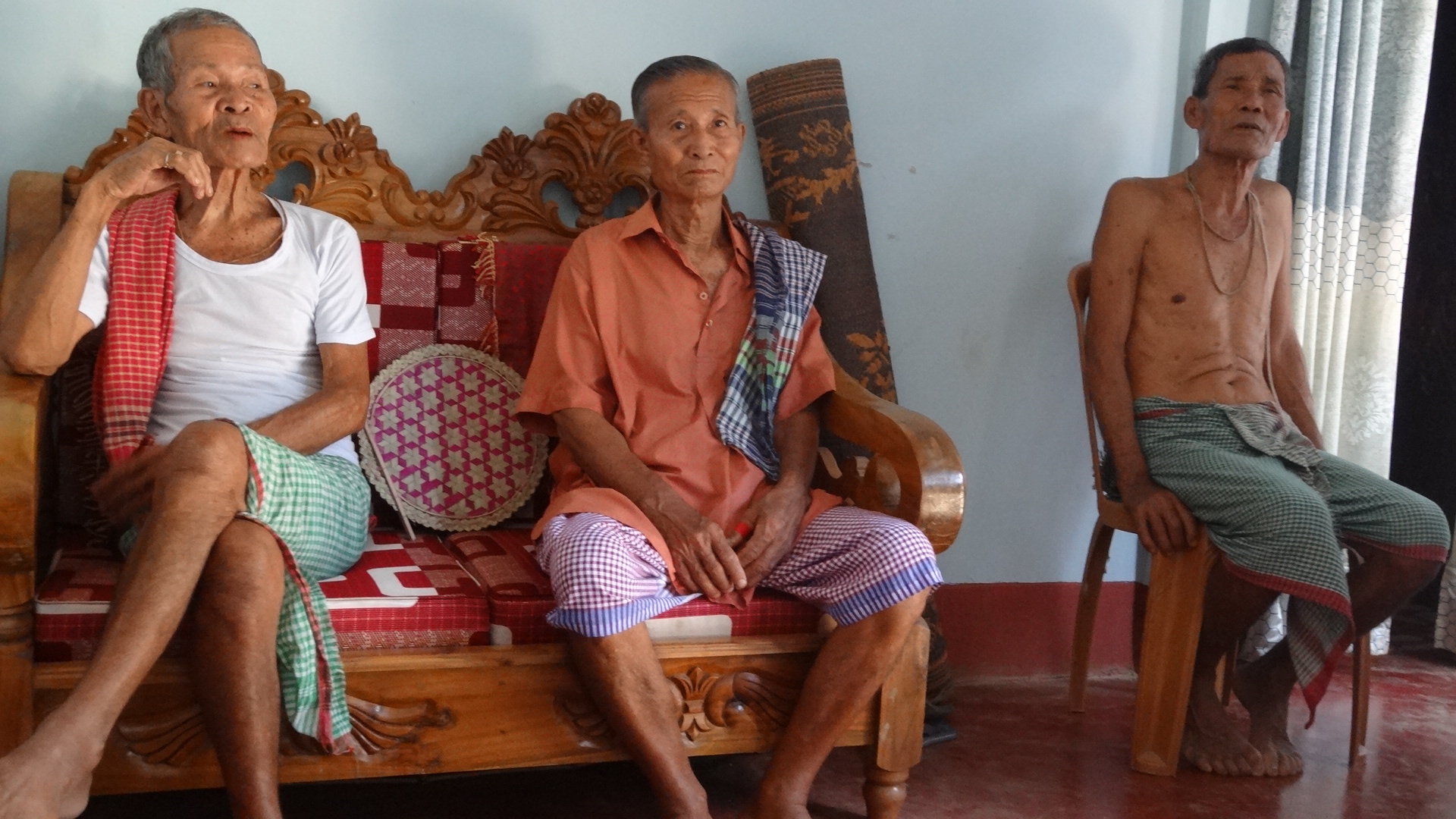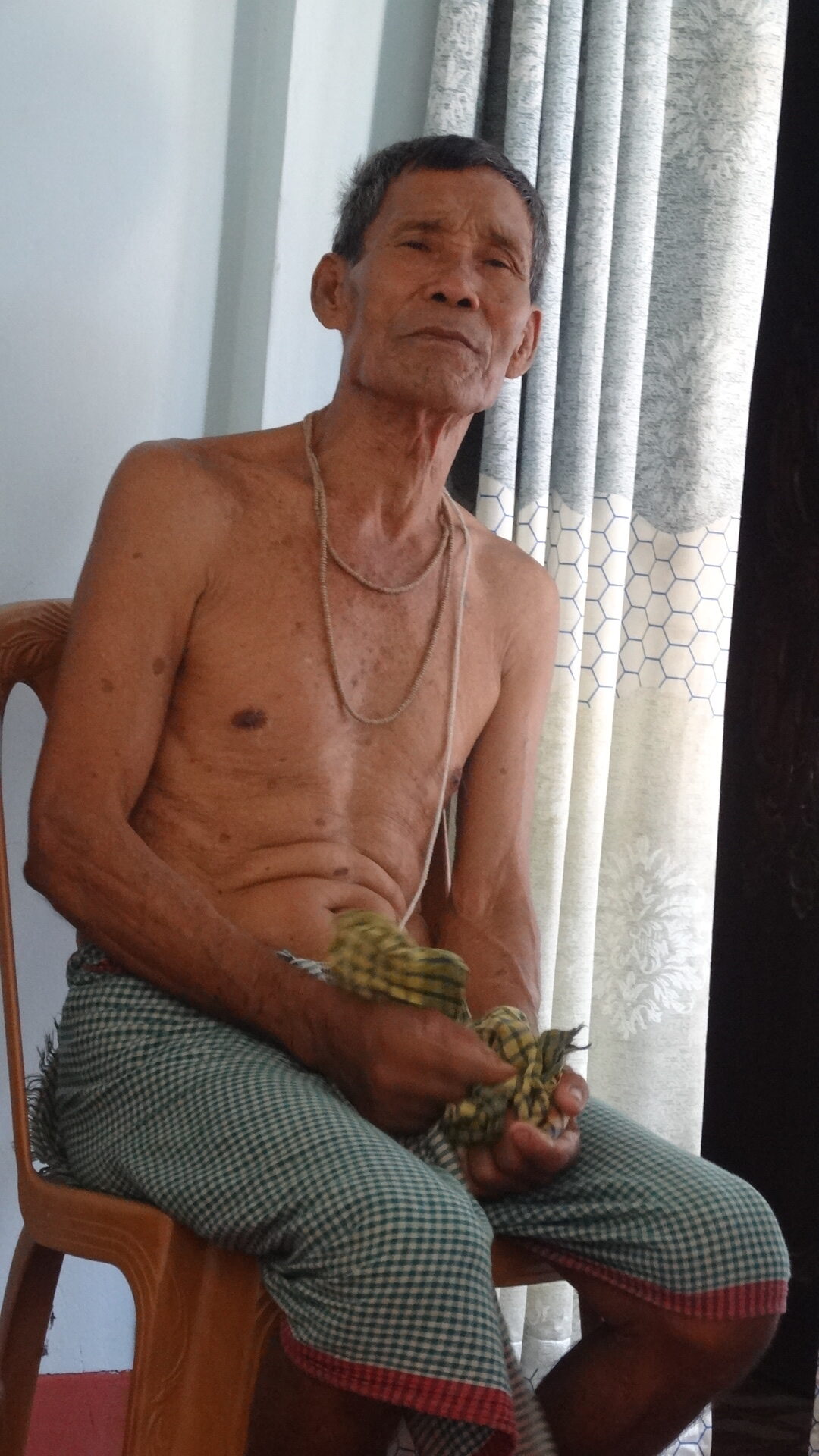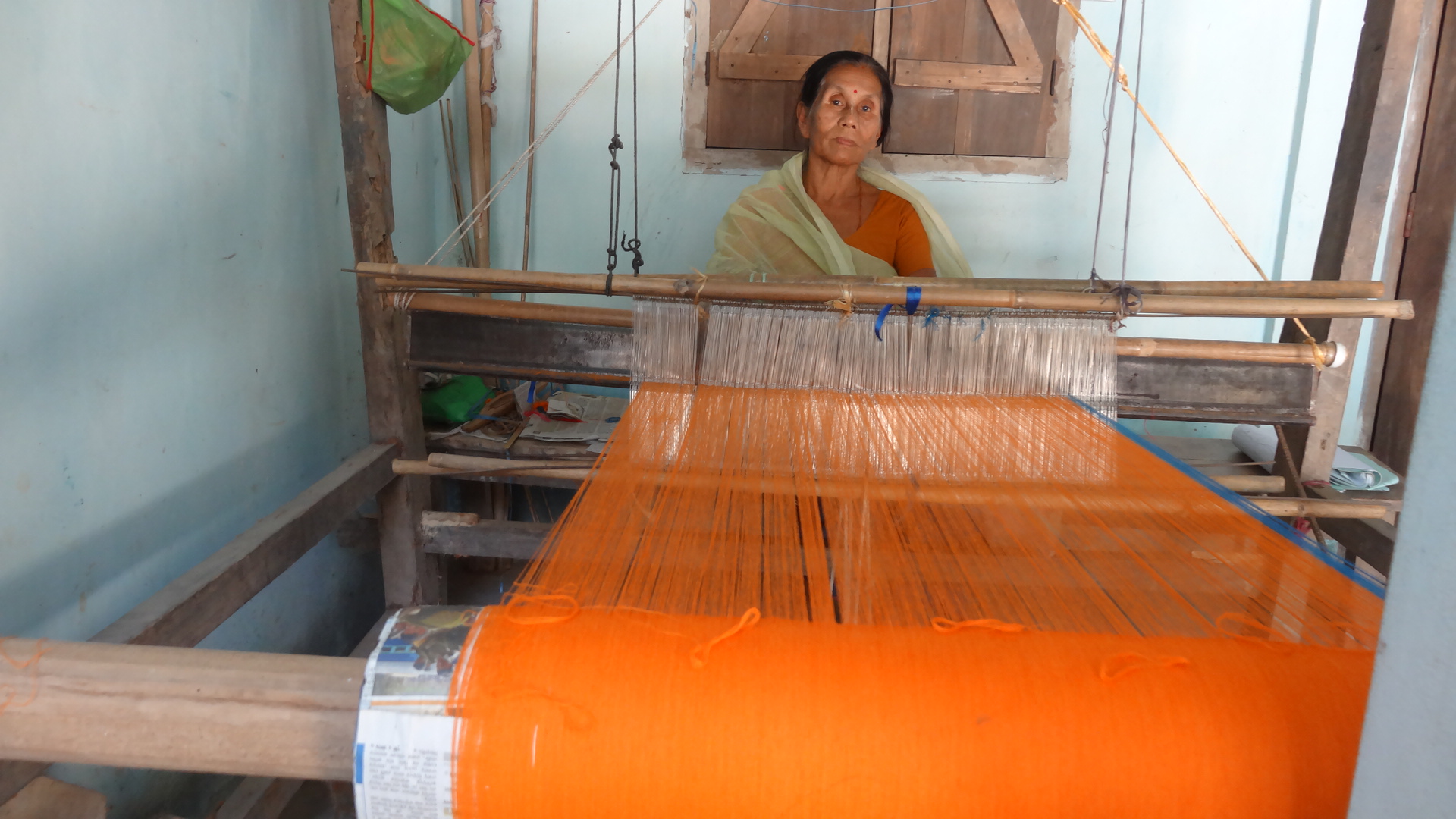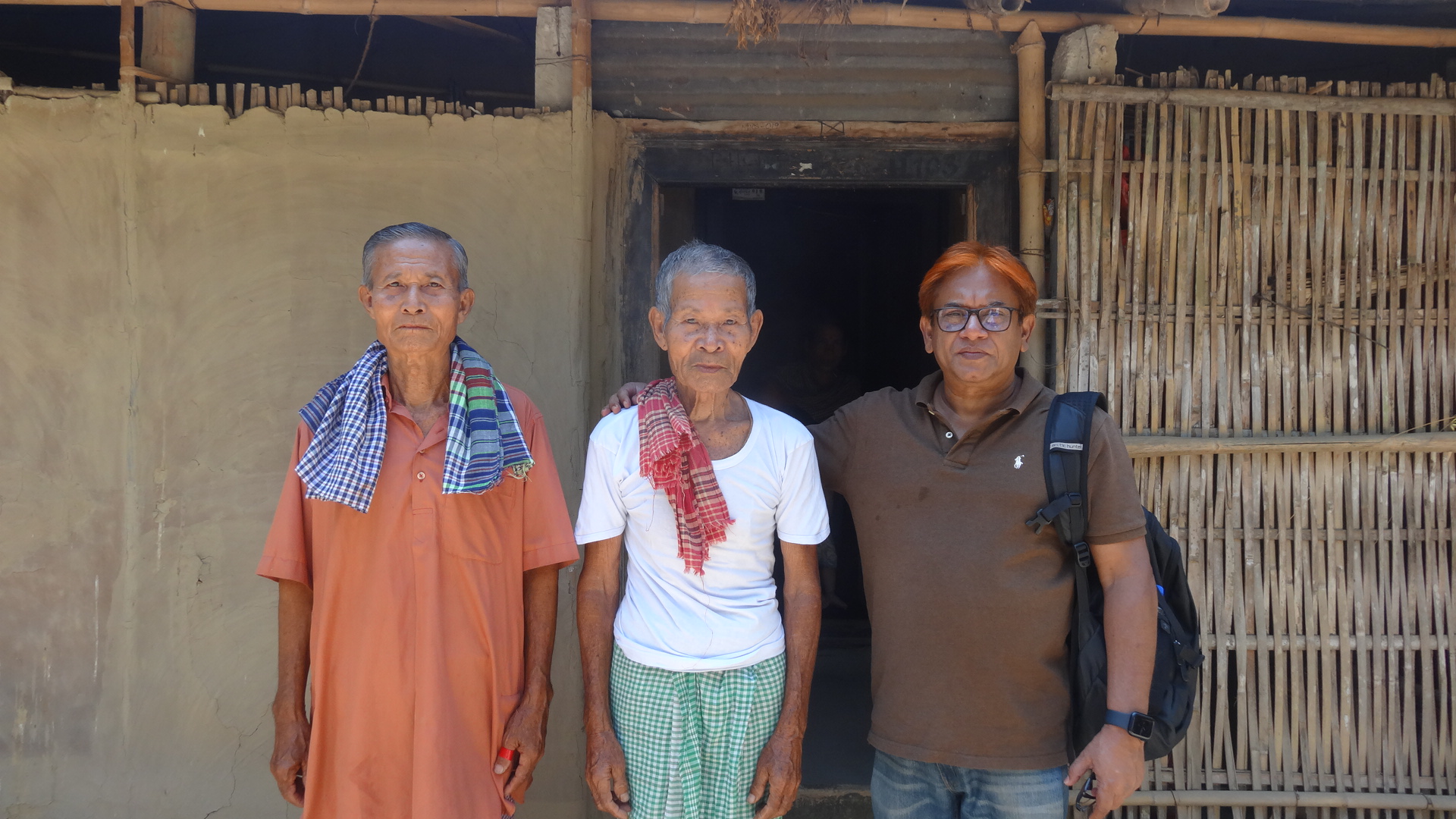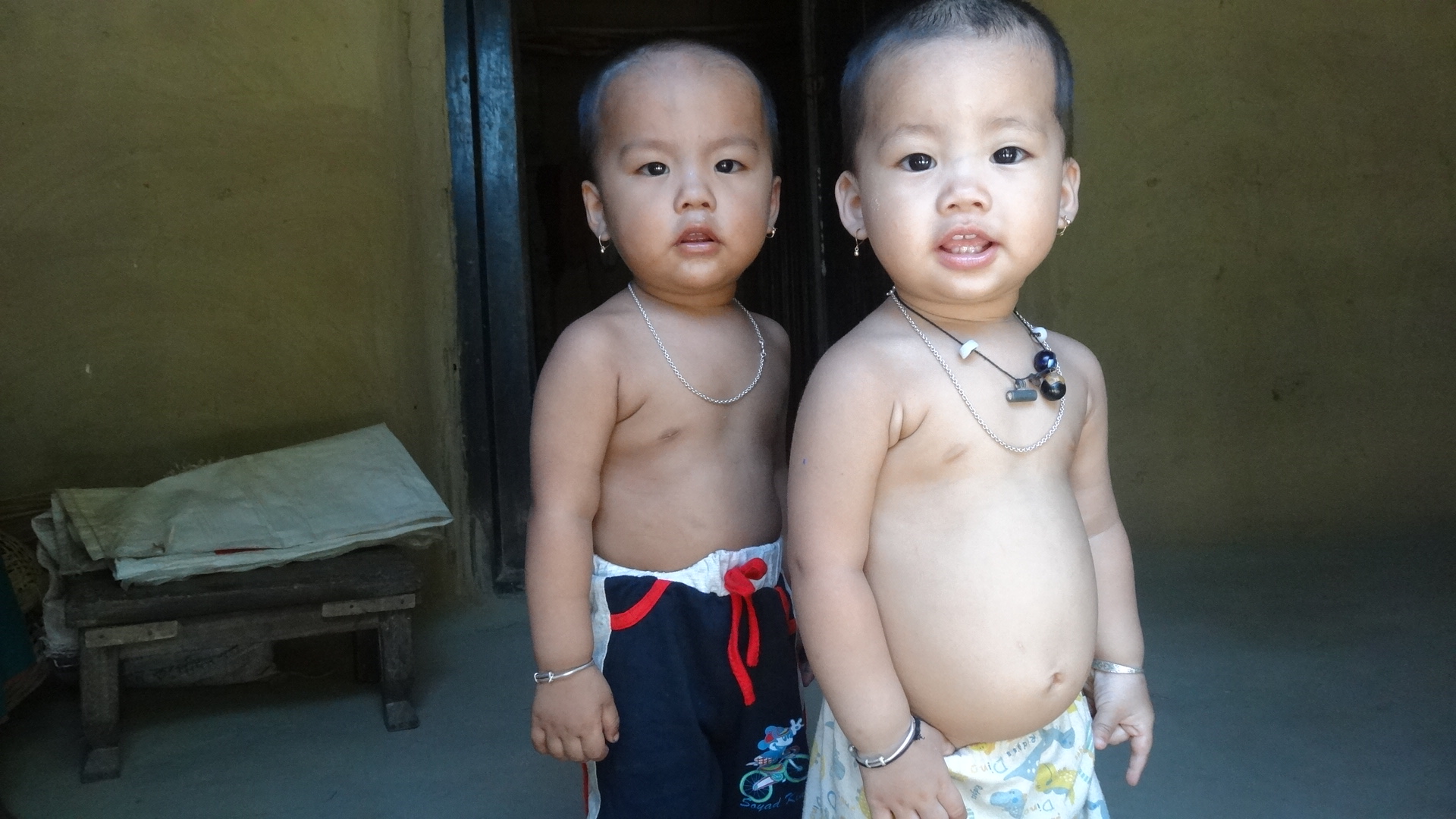Project Name: “Inclusive Resistance to Climate Change: Plain land Ethnic Minority People’s Climate Change Vulnerability and Culture Sensitive adaption pathways (IRCC)”.
Implemented Organization: Deans Office, Faculty of Social Science, Jahangirnagar University
Funded By: Bangladesh Climate Change Trust Fund
Administrative/Line Ministries: Ministry of Education
Implementing Partner: Development Wheel (DEW)
Partnership Time: 15 (fifteen) months, covering the period 1st January 2022 to 31th December 2023.
Location: Patuakhali, Mymensingh, Maulavibazar.
This project will directly contribute to the implementation of the Bangladesh Climate Change Strategy and Action Plan (BCCSAP), a national strategy developed in 2009 to address climate change. The BCCSAP aims at enhancing adaptive capacity of vulnerable communities and is divided into 6 areas of action, namely i) food security, social protection and health; ii) comprehensive disaster management; iii) infrastructure; iv) research and knowledge management; v) mitigation and low carbon development; and vi) capacity building and institutional strengthening.
This project is directly aligned with BCCSAP thematic area 4 on Research and Knowledge. The specific programme area is 4.5, which includes, research the linkage between (a) climate change, poverty, and vulnerability, (b) climate change, poverty and health in order to identify possible interventions to increase the resilience of poor and vulnerable households to climate change. This project will help in contributing knowledge in ensuring food and livelihood security, especially for the poorest and most vulnerably in society, including women and children. In line with the
BCCSAP objectives, this project addresses the adaptation priorities identified in Bangladesh’s NDCs. The proposed project also reflects the knowledge management and its contribution in increased resilience at community level expressed in Bangladesh’s Country Investment Plan (CIP) for Environment, Forestry, and Climate Change (2016-2021). It, furthermore, is going to contribute to Bangladesh’s National Adaptation Plan (NAP) Roadmap, which is currently being developed, which identifies food security, livelihood and health protection (incl. water security) as key intervention areas for Bangladesh.
To understand the climate change related vulnerabilities of ethnic minority groups and enhance their adaptive capacity to climate change induced salinity and floods by applied adaptation knowledge and innovation.
The ethnic minority communities living in the coastal and flood prone areas of Bangladesh are extremely vulnerable to the impacts of climate-induced variability (temperature induced sea level rise, sea surface temperature led cyclone, erratic precipitation caused floods). The project seeks to understand the specific niche of the vulnerabilities of plain-land ethnic minority groups, develop a culture sensitive adaptation plan and promote innovation acceleration to enhance the adaptive capacity of ethnic minority people climate resilient technologies and livelihoods.
Therefore, the specific objective of the project are as follows:
This project will scale-up existing poverty reduction and economic empowerment model as climate change adaptive economic empowerment model. The BCCTF financing will be used to generate most effective and efficient solution, policy imperatives, and knowledge advocacy so that key decision makers and scientists has increased confidence on investing in the reduction of vulnerabilities of the ethnic minorities. Eventually, if the issue of ethnic minorities vulnerability to climate change is prioritized by national and international policy makers, the poverty and climate change vulnerability both will reduce significantly. Applying a gender lens throughout the project – from planning through implementation all the way to evaluation and phase out – is key to ensuring that the project reaches the most vulnerable members of the targeted ethnic minority communities – women – in a sustainable way, taking into account and addressing structural issues in complex, hierarchic societies.





